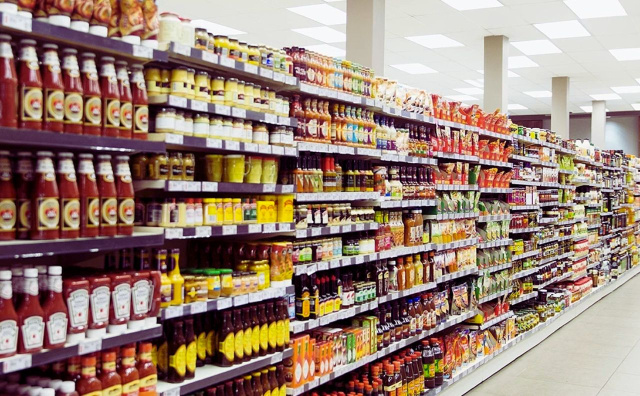A recent price comparison between Bulgaria and the Netherlands has revealed striking disparities in consumer costs, showing that Bulgarian citizens pay significantly more relative to their incomes. The civil price initiative “Antispekula” analyzed 27 basic products sold in the same retail chain across both countries and concluded that, when adjusted for average income, prices in Bulgaria are on average 66.5% higher than in the Netherlands.
According to data from the National Statistical Institute (NSI), the average monthly income in Bulgaria is approximately €1,300, whereas in the Netherlands it is around €3,900, roughly three times higher. While nominal prices of most goods are comparable or slightly higher in Bulgaria, the burden on consumers is much heavier when income levels are taken into account. The NGO found that the real cost of basic products in Bulgaria is between 51% and 80% higher relative to purchasing power.
The disparity becomes clear when comparing specific items. For instance, 800 grams of white bread accounts for 0.1% of the average Bulgarian salary but only 0.04% of the average Dutch salary. Similarly, a 100-gram bar of milk chocolate costs €2.45 in Bulgaria compared to €1.49 in the Netherlands. A 200-gram jar of instant coffee from a well-known Swiss brand sells for €11.91 in Bulgaria versus €9.99 in the Netherlands, highlighting the stark differences in affordability for identical products.
Alexander Bubia, moderator of the “Antispekula” platform, commented on the findings during a broadcast on Radio Focus. He criticized the tendency of some government officials and institutions to downplay rising prices, describing it as a form of “gaslighting,” where citizens are led to doubt what they see with their own eyes. “Every time you enter the store, you notice that the goods you buy are more expensive, and yet someone tells you that you are mistaken,” Bubia explained.
The civil price control initiative, launched in early June under the “Antispekula” banner, is supported by five Bulgarian organizations: the Civic Platform Stand Up.BG, the Federation of Consumers in Bulgaria, the Association “For Affordable and Quality Food,” the United Pensioners’ Unions, and the youth association “Your Voice.” The initiative aims to monitor price levels and raise awareness of the discrepancies between Bulgaria and other European countries.
By emphasizing the weight of income in evaluating prices, the project highlights how nominally similar products can place a much heavier financial burden on Bulgarian consumers than on citizens of wealthier EU nations, sparking debate over fairness, affordability, and the role of government oversight in consumer protection.

